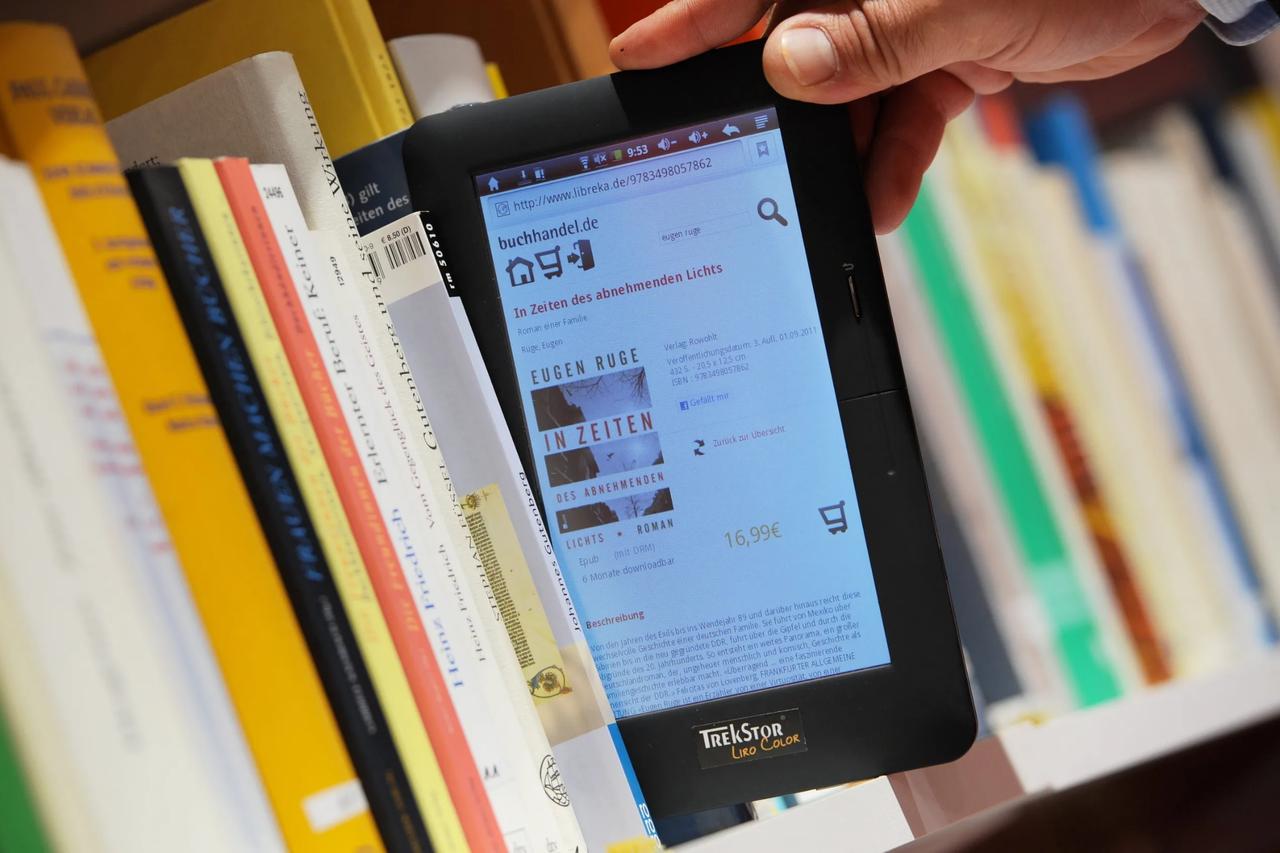
The fast pace of modern life, mounting prices, and the constant pull of social media are reshaping how Turks engage with books. Many readers today find themselves reading less frequently than they once did. Yet at the same time, online book shopping has opened new paths—making literature more accessible and encouraging readers to explore unfamiliar authors and genres.
A recent study titled “Türkiye’s Online Book Shopping Habits”—commissioned by Amazon Türkiye in collaboration with Marketing Türkiye and conducted by the independent research firm VeriNays—maps this evolving landscape with striking clarity.
According to the findings, more than half of respondents say they now read fewer books than in the past. Only about one in five report reading more than before, while roughly a quarter say their reading frequency has remained unchanged.
When asked about the reasons behind this decline, one explanation stands above all: lack of time. About half of the respondents cite “not having enough time” as the primary factor. Work-related fatigue comes next, followed by rising book prices and the distracting nature of social media.
Meanwhile, according to Electronics Hub research, Turkish people were found to spend 44% of their day on screens (8 hours).
Beyond these structural reasons, readers also point to more subtle obstacles. Over a third admit to having difficulty focusing, while others say their attention is consumed by current events or by time spent on their phones. A quarter mentioned a loss of motivation to read altogether.
Despite these barriers, many still identify clear motivations. For most, reading remains a personal investment: seven out of 10 say they read to improve themselves.
Others cite the desire to make better use of their free time or to disconnect from an overwhelming news cycle.
As online retail expands, it has become a meaningful driver of reading motivation. Over a third of respondents say that the ease of online purchasing encourages them to read more.
Some describe online book buying as a kind of digital detox in itself, a chance to disconnect from the endless scroll of social media.
Book recommendations circulating online also play a role, with roughly one in five readers saying such posts have rekindled their enthusiasm for reading.

Fiction remains the dominant category in Türkiye’s reading culture. Nearly nine out of 10 readers say they prefer novels, with adventure, science fiction, fantasy, crime, and psychological stories among the top subgenres. Short stories and history books follow closely behind.
Gender preferences reveal a familiar divide: women tend to favor novels, short stories, and poetry, while men lean more toward history, business, economics, and political titles.
When it comes to book shopping, online channels are no longer a niche option. While only about 15% of readers say they buy exclusively online, a vast majority now use both online and physical stores.
Among those who shop through both, nearly four in five say they prefer online platforms, highlighting a steady shift away from brick-and-mortar stores.
Price remains the strongest factor driving this transition. Around two-thirds of readers say they find better prices online, while many others appreciate the broader selection and the speed of purchase.
The survey also underscores how online book shopping has widened access to literature in tangible ways. Over 90% of respondents believe online platforms help them reach more books, while nearly as many say digital access makes reading more affordable.
Readers report that online shopping exposes them to new genres, unfamiliar writers, and a more diverse literary world.
Most importantly, a large majority say that the rise of digital access has had a positive impact on how often they read.